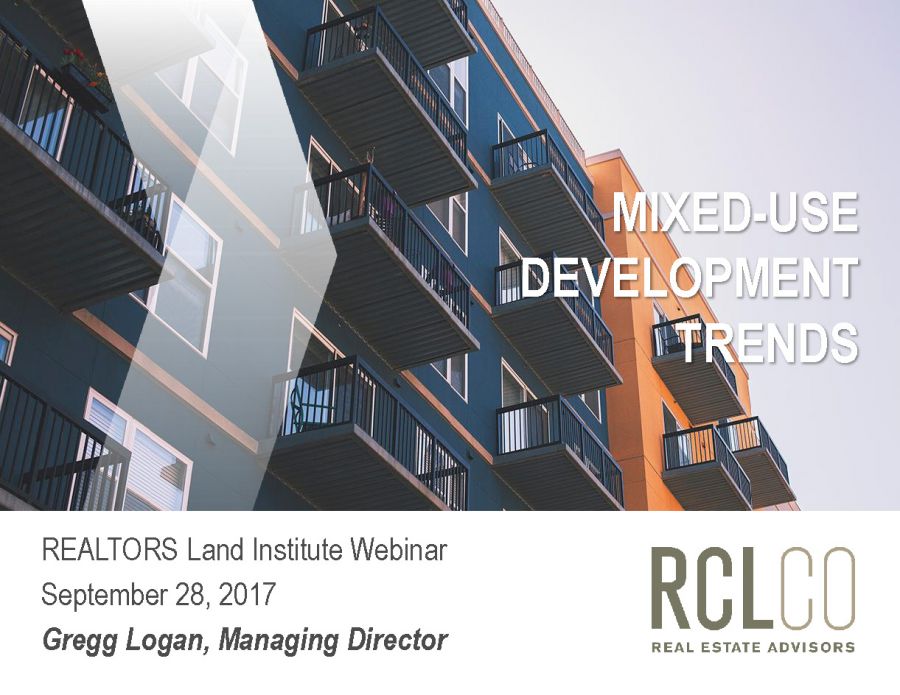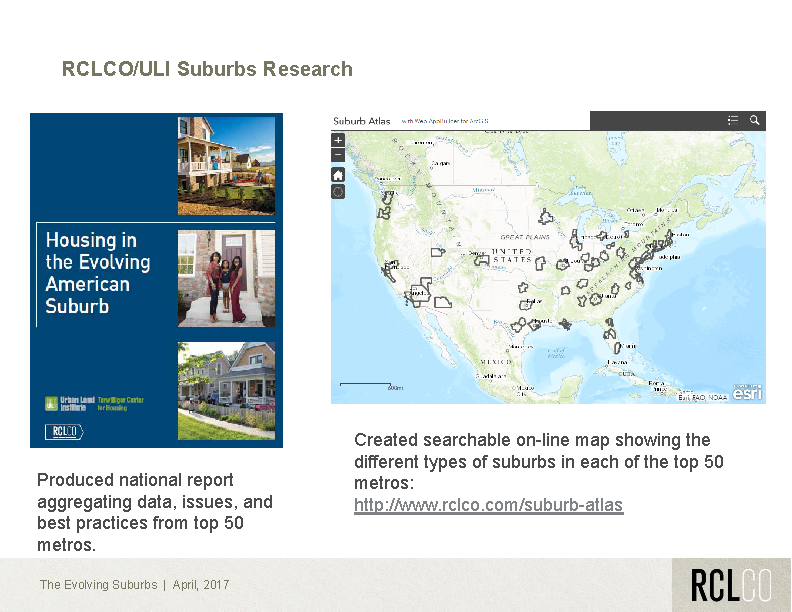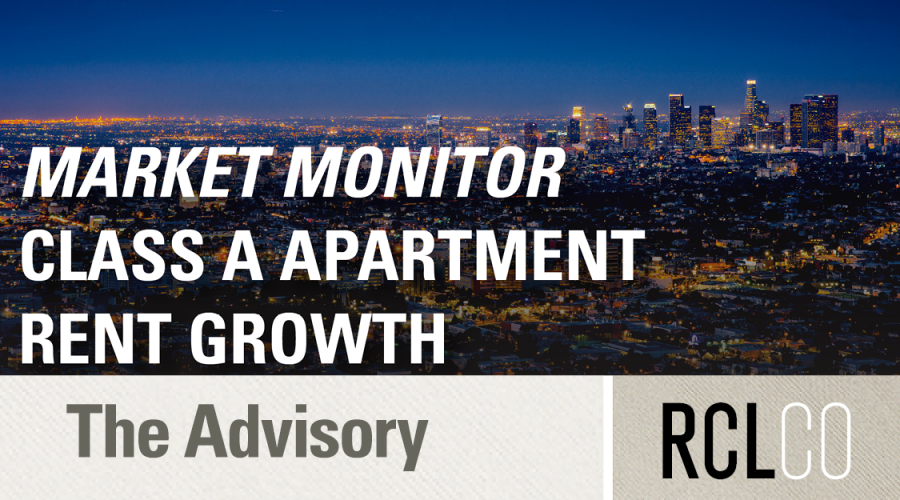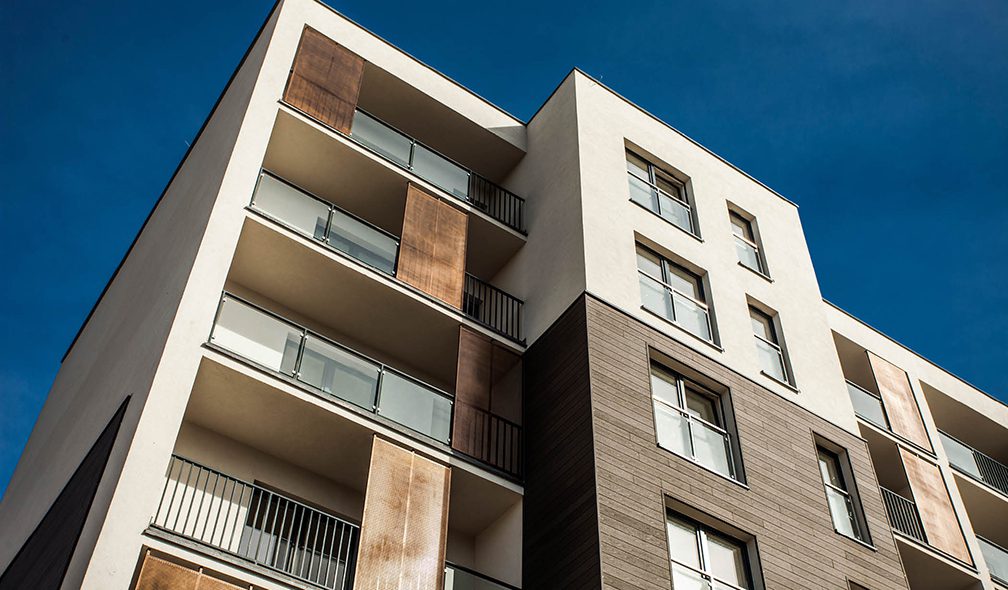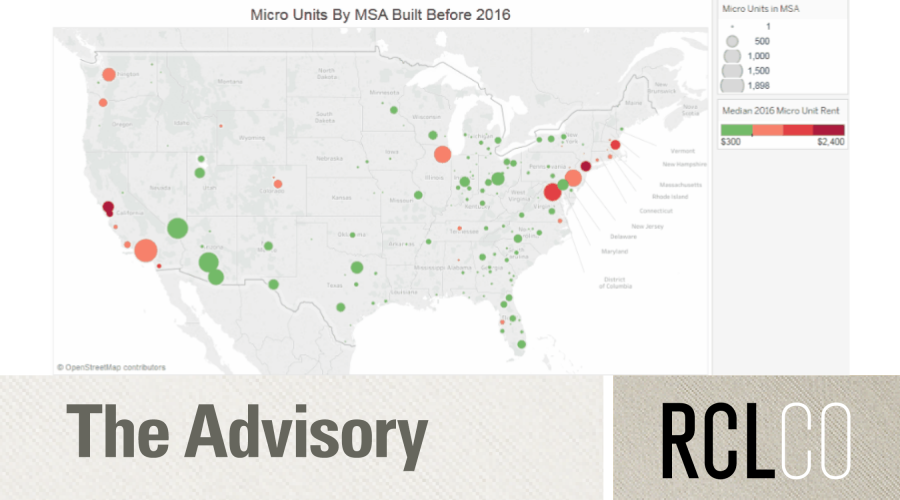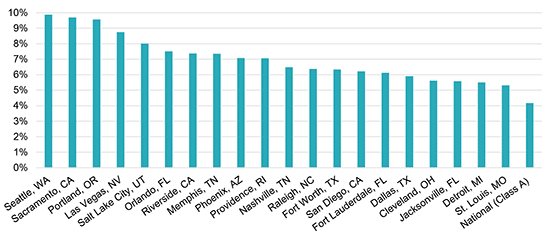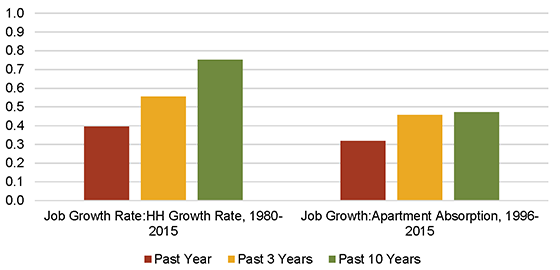Empty Nester for Rent?
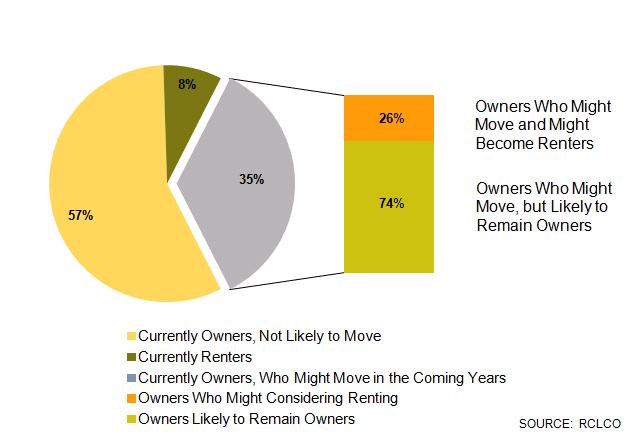
Quantifying the Depth of an Important Segmentation Opportunity for Rental Apartments
The radical recent dislocation in the housing market has caused Americans across the socioeconomic spectrum to re-evaluate their housing priorities, and the basis on which households make own versus rent decisions.
Much was made in the last cycle of interest on the part of empty nesters in moving back to higher-density housing product in mixed-use settings—a trend that we believe will continue to accelerate. In reality, the high cost of new or other high-quality condominium housing precludes this opportunity for many of these households, and the historical desire to own one’s home is on the wane, at least for now. This raises the question, “Are Baby Boomers open to renting?”
 RCLCO fielded the following question in a national survey asking households with a head of household between 55 and 74 years of age the question: “As you think about a change of housing in the coming years, which of the following best expresses your attitude about moving to another home?”
RCLCO fielded the following question in a national survey asking households with a head of household between 55 and 74 years of age the question: “As you think about a change of housing in the coming years, which of the following best expresses your attitude about moving to another home?”
We were particularly interested in the responses of household with annual incomes of $50,000 or over (n=1,135), who are overwhelmingly homeowners (91% according to the 2010 U.S. Census, and 92% of the survey respondents) and have the level of income and/ or presumably the savings or home equity appropriate to support premium rents. Will these owners consider becoming renters?
The results are remarkably encouraging for owners/operators and developers who have identified upscale empty nesters as a market segmentation opportunity.
Not surprisingly, the majority of owner households (57% of total) indicated that they are not likely to move, a level that is consistent with other surveys of empty nesters.
What is surprising, however, is the share of the owner households who would consider moving who would consider renting their next home. Of the owner households who might move (35% of all households), 26% of them might consider this change in tenure.
If this change in consumer behavior is as robust as this data suggests, the impact on rental housing could be tremendous. Even if half of the Boomer households considering it actually change from ownership to rental, the number of upscale empty nester renters by choice in America would increase by almost 500,000.
There has, of course, been new for-rent construction oriented to the 55+ market, which has had some success but has not yet proven out the market opportunity. It may be that more compelling product, in the right locations, and appropriately programmed and positioned, is required to capture this market’s potential interest. Many questions need to be answered, certainly not limited to the following:
- What type of unit would appeal to this customer, the vast majority of whom currently live in single-family homes?
- What share of these customers would prefer rental apartment communities explicitly targeted to empty nesters, or even age-restricted, versus multigenerational communities?
- What activity programming and amenity program enhances the value proposition?
- The lack of control over future housing costs has always been a concern of this demographic; will the availability of multiyear leases make rental apartments a more appealing opportunity?
The need to think about segmentation in the rental apartment industry is pressing, as the significant majority of product in the pipeline is oriented to upscale young professional renters. Tracking the evolution of Baby Boomers’ housing behavior has been a powerful driver of opportunity for several real estate cycles, and it appears that the apartment industry again has the opportunity to do so again.
Related Articles
Speak to One of Our Real Estate Advisors Today
We take a strategic, data-driven approach to solving your real estate problems.
Contact Us
